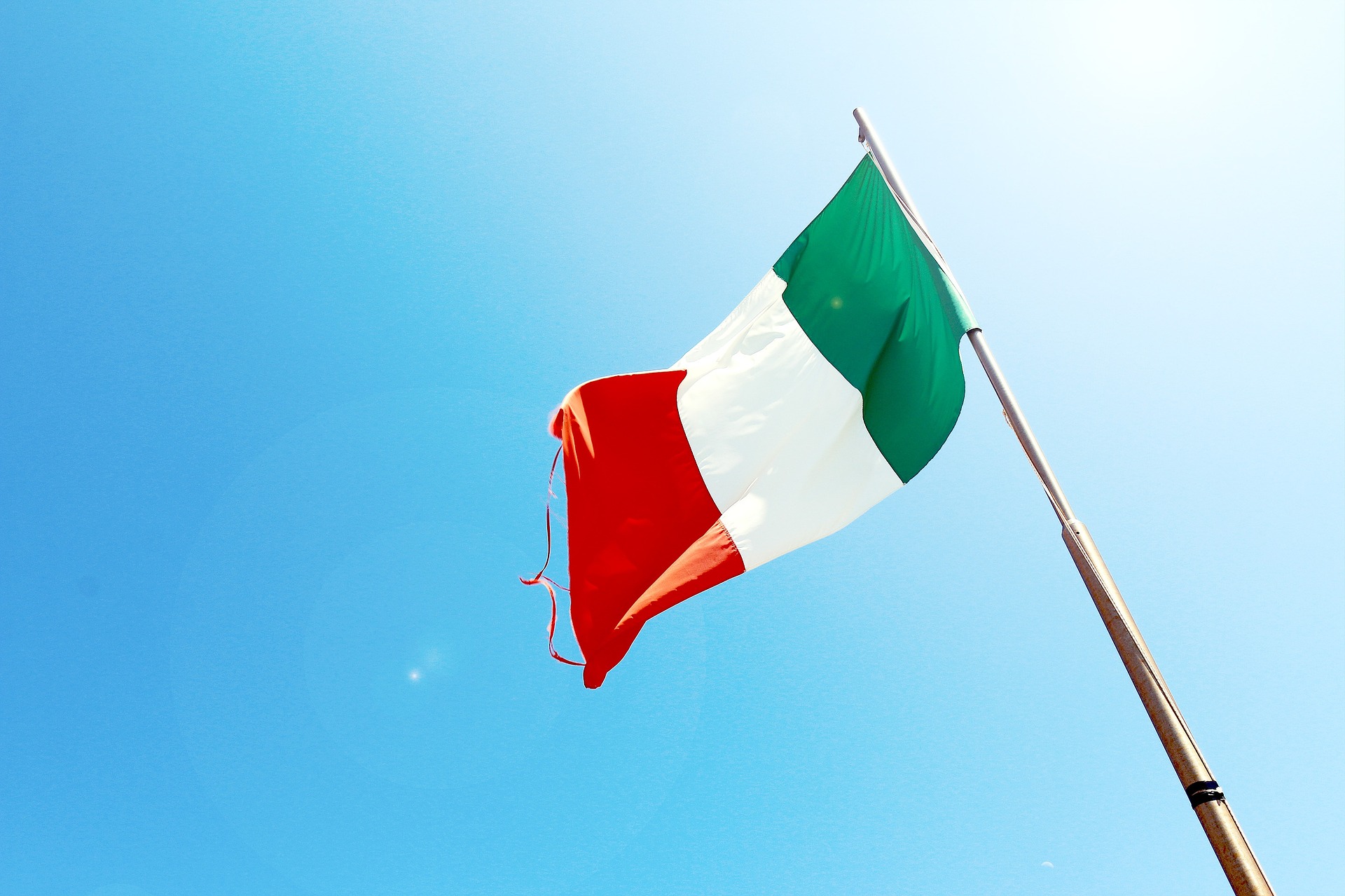Swissquote Bank: The Draghi Drama

By Ipek Ozkardeskaya, Senior Analyst, Swissquote Bank
The Italian Prime Minister Mario Draghi wanted to resign yesterday, after the Five Star party, which is the second biggest party in Draghi’s coalition government, boycotted a confidence vote in the senate; they didn’t quite like Mario’s response to the economic crisis. Draghi said that the loyalty agreement, which was the foundation of this government ‘was gone’, and said he wants to quit. The news sent a shockwave to the market, but his resignation was refused by the President, to avoid a political crisis in Italy and wreak havoc across the European markets, and the euro.
Draghi’s resignation sent the Italian 10-year yield 5% higher yesterday. The EURUSD, on the other hand, broke the 1.00 support on the back of a broadly stronger US dollar, fell to 0.9952, then rebounded back above parity,
The dollar retreated after advancing to a fresh high of 109.30, after two FOMC members, Waller and Bullard said that they are willing to support a 75bp hike at this month’s FOMC meeting rather than a 100bp hike as suggested by the market reaction to this week’s scary inflation report.
Activity on Fed funds futures scaled back the post-CPI hawkishness and presently price in a 50-50 chance for a 75, or a 100bp hike this month.
The dovish correction on Federal Reserve (Fed) expectations helps tempering the pressure on the EURUSD, but it doesn’t change the fact that the Italian political turmoil will add a layer of stress that the European Central Bank (ECB) will have to deal with, as it prepares to raise the interest rates next week for the first time in a long time.
With the Italian crisis, and Draghi’s caca-nerveux, we are almost certain that there is little-to-no chance the ECB hikes the rates by more than 25bp. The Eurozone is too fragile, both from economic and political perspectives, to allow the ECB to take a more significant step.
The single currency should continue softening against many majors, as the divergence between the handcuffed ECB, and the other central banks should continue weighing on single currency. The selloff in the EURCAD, for example, accelerated this week after the Bank of Canada (BoC) surprised with a 100bp hike. The euro-pound is under a renewed negative pressure as the Bank of England (BoE) is expected roll out a 50bp hike at August meeting, while the euro-swissy tests the 98 cents mark, as the Swiss National Bank (SNB) also raised its rates by 50bp in the latest meeting and said it would do more if needed.
Eclipsed by the dollar
Bloomberg’s dollar index hit an all-time high.
Gold remains under a decent selling pressure against the US dollar, as the dollar strength eclipses the gold’s strength. We shall see a positive correction in gold’s price, if investors let go of their dollars.
The dollar-yen prepares to test the 140 level, and the dollar-franc is back to 99 cents.
First earnings disappoint
Market attention finally shifts to the earnings from the economic data, and depending on what we will see, it’s maybe a good thing, or not.
Many analysts have been lowering their earnings estimates for the 2Q but the S&P500 companies’ earnings are expected to have risen by 4.3% over the year. Though this is the slowest pace of growth since the fourth quarter of 2020, the net profit margins are expected to grow by more than 12%, which is higher than the 5y average, and more importantly, it’s higher than the previous quarter. That optimism carries the risk of disappointment, because the latest quarter was heavily marked by the Ukrainian war, the spike in energy and commodity prices, the Chinese lockdown, that came along with supply chain issues. Therefore, it’s possible that some of the S&P500 companies have felt the pinch of the global headwinds a bit heavier than what’s in the forecasts.
And indeed, the first results were not enchanting. JP Morgan and Morgan Stanley were the first big US banks to release earnings yesterday, and their results rather disappointed.
